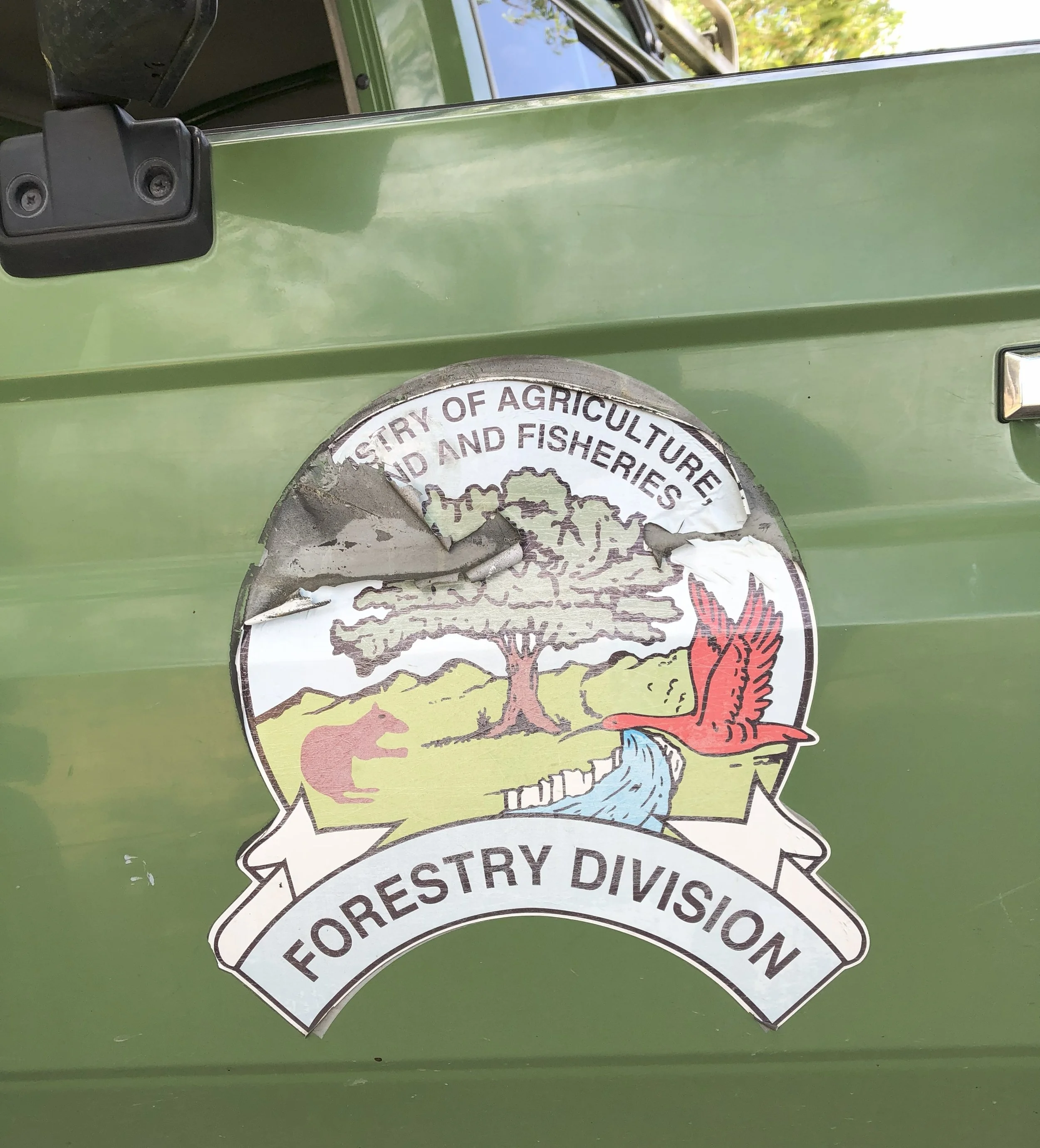
Enforcement Challenges
Efforts to protect Caribbean biodiversity often fall short due to systemic and practical barriers. From limited funding and outdated laws to data gaps and weak coordination, these challenges undermine enforcement capacity and allow wildlife crimes to persist.
Pressing Enforcement Challenges in the Wider Caribbean
-

Cross-Border Coordination Gaps
Inconsistent collaboration across Caribbean jurisdictions creates enforcement gaps, allowing criminals to exploit borders easily.
-

Data & Intelligence Limitations
Fragmented or absent data collection and sharing systems undermine real-time enforcement, making it difficult to track suspects or analyse crime trends.
-

Inconsistent Political Will & Shifting Priorities
Environmental concerns frequently become secondary to other issues, leading to inconsistent enforcement, underfunded programmes, and diminished momentum for wildlife protection.
-

Insufficient Judicial Expertise
Courts and prosecutors often lack specialised expertise or sufficient prioritisation of wildlife offences, resulting in minimal sentences and repeated crimes.
-

Lack of Funding & Resources
Under-resourced patrol units, customs checkpoints, and investigative teams struggle to detect and stop wildlife crimes effectively.
-

Limited Training & Equipment
Frontline officers often lack the specialised knowledge or modern equipment needed to safely and effectively identify, investigate, and prosecute wildlife offences.
-

Low Community Engagement
Low public awareness and limited trust in authorities result in significant underreporting of wildlife crimes.
-

Weak or Outdated Legislation
Minimal legal definitions, outdated policies, and lenient penalties reduce deterrence and fail to discourage repeat offenders.
Related Blogs
Our blog section is growing. Check back soon for new posts related to this topic.